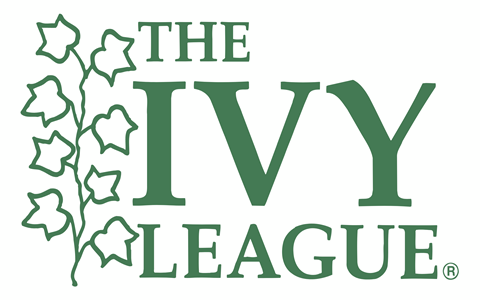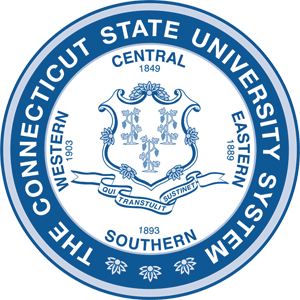New Jersey offers ‘bridge’ year for high school students to make up for class time lost in coronavirus pandemic – By Melanie Burney, The Philadelphia Inquirer
A new “bridge year” pilot program will allow some New Jersey high school students to stay behind for an extra year to make up what they missed when schools were shut down abruptly by the coronavirus.
Under a law signed last month by Gov. Phil Murphy, upcoming juniors and seniors can opt to defer graduation to attend classes at their high schools, participate in extracurricular activities such as musicals, and play spring sports that were canceled because of the pandemic.
“This is just a gap year, plus,” said Assemblywoman Pamela Lampitt, (D., Camden), one of the bill’s sponsors. “It creates an option for them.”New Jersey is believed to be the first state to take such action in response to the pandemic, said Mandy Zatynski, a spokesperson for the Education Commission of the States, which tracks education policy. Many schools are weighing options on plans for the 2020-21 school year amid pressure from President Donald Trump to fully reopen.

New policy aims to stop Indiana high schools from writing off students who fall behind – By Dylan Peers McCoy, Chalkbeat
A new policy will add extra scrutiny to Indiana high schools’ graduation rates, aiming to stop schools from pushing out struggling students and mislabeling dropouts as home-schoolers.
Nearly 3,700 Indiana students who were expected to graduate in 2019 left high school without diplomas, but it didn’t affect graduation rates because they were labeled as leaving to home-school. A Chalkbeat investigation found that some of those students actually dropped out.
The new policy, which was approved by the Indiana State Board of Education Wednesday, outlines how the board and the Indiana Department of Education will enforce a law passed by the legislature last year that applies to schools with large numbers of students labeled as leaving to home-school. It focuses on whether schools have the appropriate documentation for students who withdraw — and on whether those students were on track to graduate when they left.
“It’s definitely a great move forward,” said Rep. Bob Behning, an Indianapolis Republican who chairs Indiana’s House education committee. “It’s a positive first step. … The light of day always has a way of changing behavior.”

Ivy League Places All Sports on Hold Until January – By Billy Witz, The New York Times
The Ivy League presidents placed all sports on hold Wednesday until at least January, making it the first Division I conference that will not play football as scheduled in the fall because of the coronavirus pandemic.
As a result, a broad array of sports, from football and men’s basketball to cross country and sailing, have been placed in limbo. Practices could take place in the fall, beginning with limited individual and small group workouts, but conditions would have to improve dramatically for sports to be played next year.
The presidents said in a statement that sports could not be played under campus-wide policies that include restrictions on student and staff travel, social distancing requirements and limits on group gatherings.
“With the information available to us today regarding the continued spread of the virus, we simply do not believe we can create and maintain an environment for intercollegiate athletic competition that meets our requirements for safety and acceptable levels of risk,” the statement read.

Free Community College Moves Forward in Connecticut – By Madeline St. Amour, Inside Higher Ed
Connecticut's public college system is dipping into its reserves to offer free tuition at its community colleges for first-time students this fall.
The plan was already in the works for some time before the pandemic and subsequent recession hit. While those events could make future funding for the program more difficult, officials say it was more important than ever to keep this promise to students.
"I felt very strongly that we had been marketing free community college and community college education," said Mark Ojakian, president of Connecticut State Colleges and Universities. "I felt it was critically important, since we had made a commitment to the citizens of Connecticut to roll out in the fall."
The plan, called the PACT, was supposed to be funded through revenue from a form of gaming called the iLottery. Legislation for the initiative had already passed, but there were delays in starting the iLottery system. Then the COVID-19 pandemic hit.












